Zai Lab Advances Psoriasis Treatment with ZL-1102 Topical Therapy in Phase 2 Trial
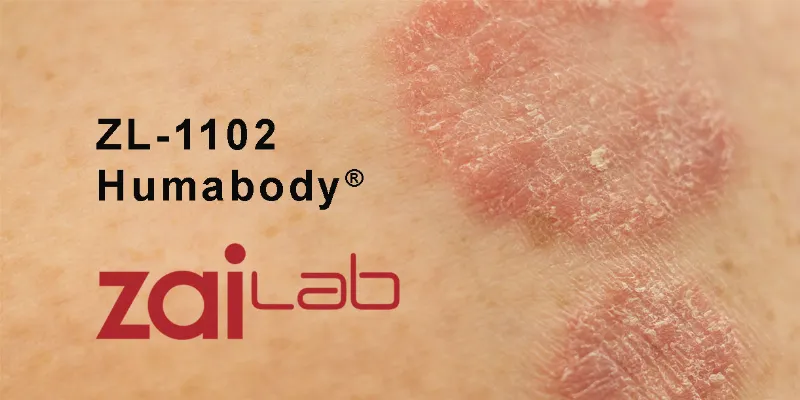
25 May 2024
Zai Lab Limited has announced the initiation of a global Phase 2 clinical trial for its novel therapy, ZL-1102, targeting mild-to-moderate chronic plaque psoriasis. This novel therapy aims to reduce systemic exposure and associated risks by applying directly to lesions. Early results show promising improvements in psoriasis severity, potentially offering a safer, more effective treatment option for patients.
ZL-1102, a human VH antibody fragment known as Humabody®, targets the IL-17 cytokine, a key player in the inflammatory process of psoriasis. Unlike traditional therapies that require systemic delivery, ZL-1102 is designed as a topical hydrogel, intended to be applied directly to psoriatic lesions. This approach aims to minimize systemic exposure and the associated risks, offering a safer alternative for patients.
Josh Smiley, President and Chief Operating Officer, Zai Lab, expressed confidence in the ongoing study: "This study marks an important milestone in Zai’s evolution and is a testament to our outstanding internal R&D team’s commitment to develop novel therapies to help patients."
Trial Design and Expectations
The ongoing Phase 2 trial is a randomized, double-blind, vehicle-controlled, dose-ranging study involving approximately 250 patients. Over a 16-week treatment period, the efficacy of different doses of ZL-1102 will be compared to a placebo. The primary measure of success will be the proportion of patients achieving at least a 75% reduction in the modified Psoriasis Area Severity Index (PASI) score from baseline at week 16.
Early studies have been promising, showing a 45% relative improvement in local PASI scores at four weeks with ZL-1102, compared to placebo, and consistently higher responder rates throughout the treatment duration.
Dr. Harald Reinhart, M.D., President and Head of Global Development, Zai Lab, highlighted the innovation behind ZL-1102: “ZL-1102 is the first IL-17 targeted topical treatment in development for patients with less severe forms of CPP. Formulated to be applied directly to psoriatic skin lesions, we hope it can bypass unnecessary tissue exposure and avoid systemic toxicity commonly associated with intravenous or subcutaneous therapies.”
Pioneering Treatment
Psoriasis impacts an estimated 125 million individuals globally, with 80% to 90% suffering from the plaque subtype. The majority of these cases are classified as mild-to-moderate. Current treatments for such levels of severity often involve systemic agents, which can come with significant side effects. ZL-1102, however, stands out by potentially providing an effective, localized treatment without the broader implications of systemic therapies.
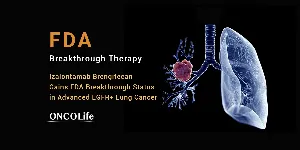
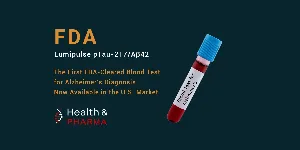


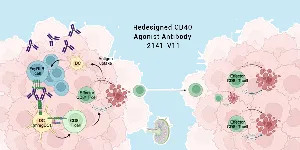


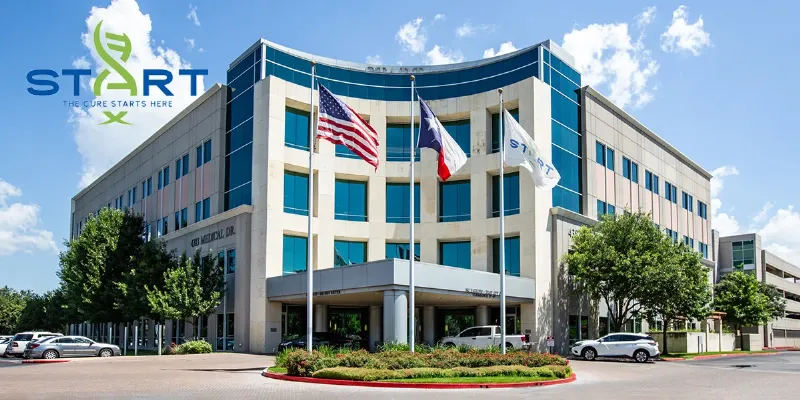
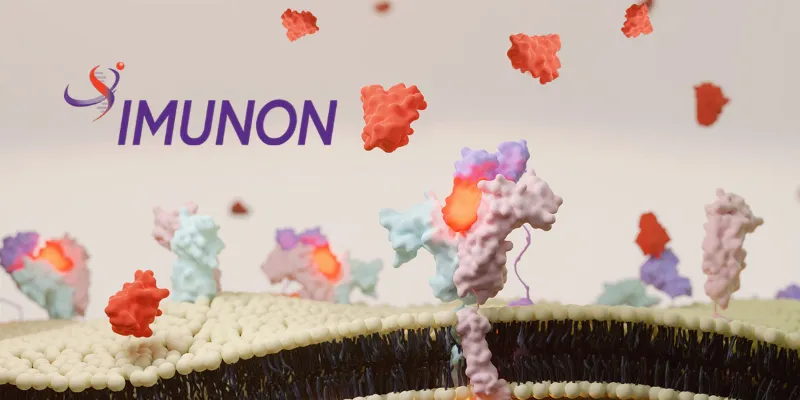


Comments
No Comments Yet!